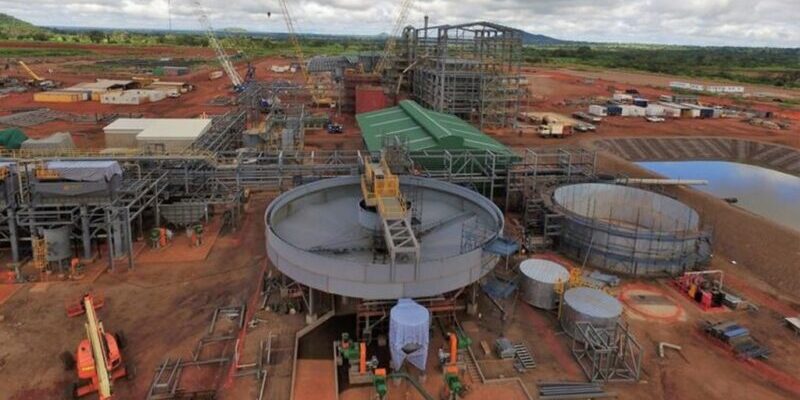
Following the commencement of full-scale mining at the Vatomina project in Madagascar on July 28, Tirupati Graphite announced on August 13 that processing operations have also begun.
The start-up of these operations followed the successful delivery of fuel and supplies by July 27, with processing commencing on August 2 after the threshold feedstock at the ore pads reached necessary levels.
The company reported that minor issues were resolved between August 2 and 5, during which 59 tonnes of flake graphite with a purity exceeding 96% were produced, meeting the target head grade of 3%. Steady-state production has been ongoing since August 6, with 165 tonnes produced over seven consecutive working days.
This run rate, based on 330 operational days per year, equates to an annual production of 7,778 tonnes, exceeding 97% of Vatomina’s rated capacity at a 3% head grade.
Tirupati remains confident in achieving the target production rate of 8,000 tonnes per year, provided there are no financial or operational disruptions.
By August 10, the company had shipped 140 tonnes of finished product, with 240 tonnes in transit. The target of shipping over 600 tonnes in August is on track, with products being delivered to customers worldwide.
Additionally, Tirupati reported the receipt of £230,000 in director’s loans on July 31, provided by directors Michael Lynch-Bell (£50,000), Alastair Bath (£130,000), and Puruvi Poddar (£50,000).
The company also received a VAT refund of approximately $14,000, the first in about 20 months, and is working to secure additional VAT refunds from the Madagascan government, totaling over $2 million.
Tirupati has agreed with its Madagascan suppliers to provide new goods and services equivalent to previous payments.
CEO and MD Shishir Poddar stated, “Full-scale mining operations at Vatomina have commenced, focusing on high-grade flake graphite to ensure optimal pricing.
Our operational efficiency has reduced costs while aiming for an 8,000-tonne annual production rate. Vatomina’s full efficiency will enhance our operating margins as we work to reactivate the Sahamamy project.”





